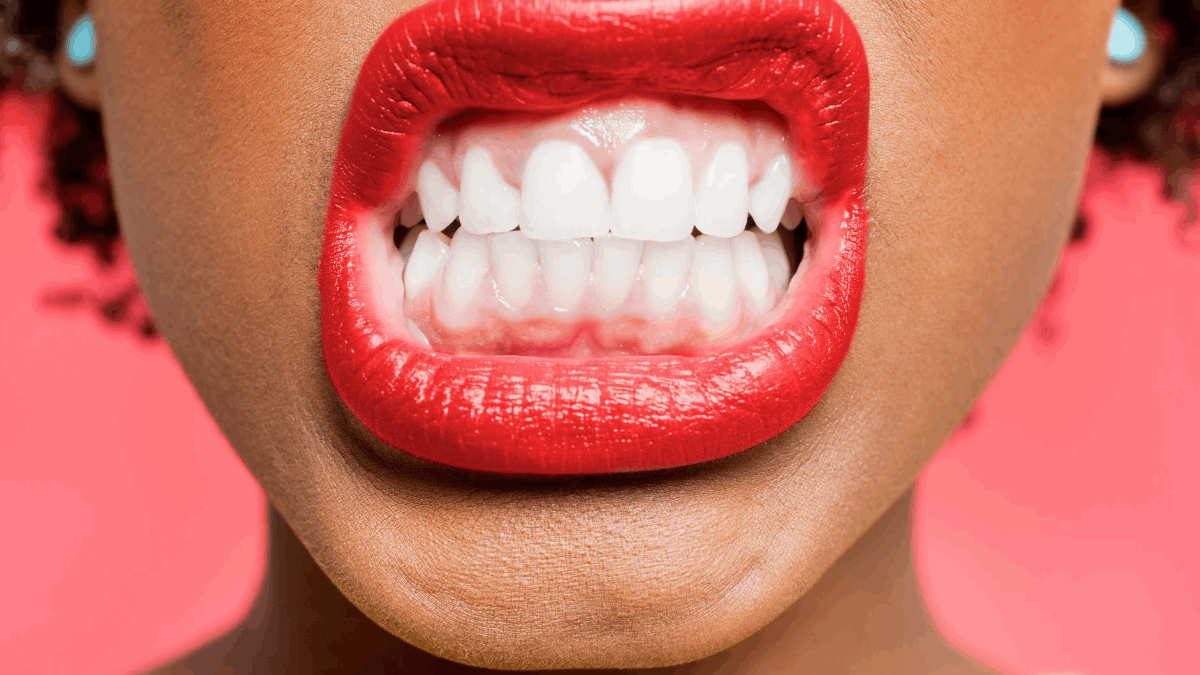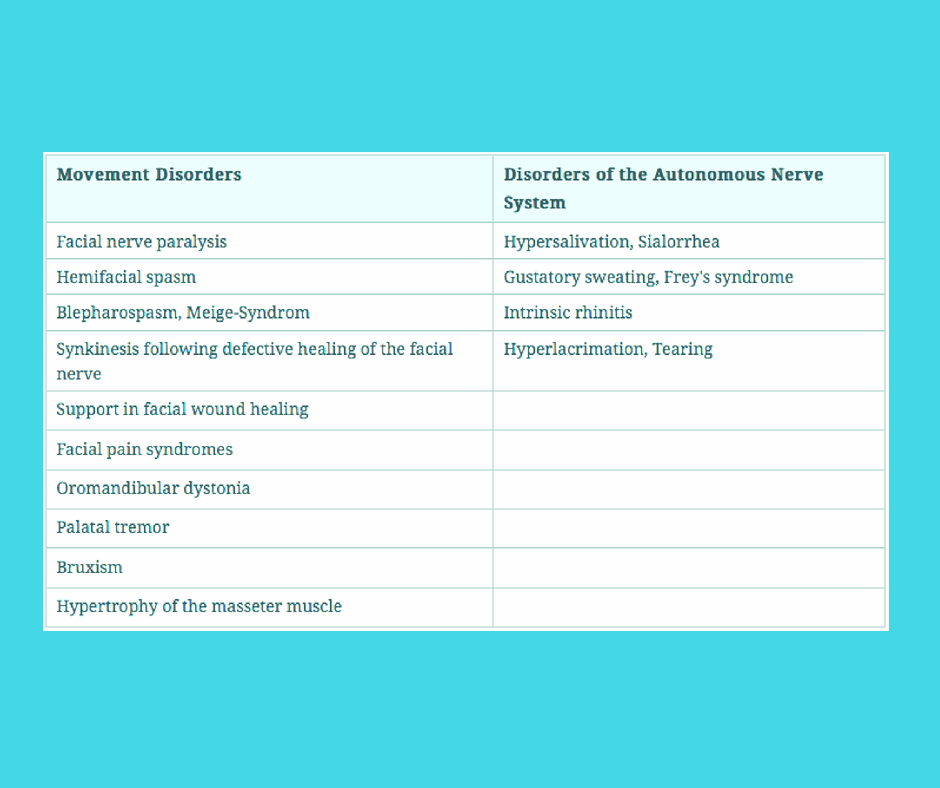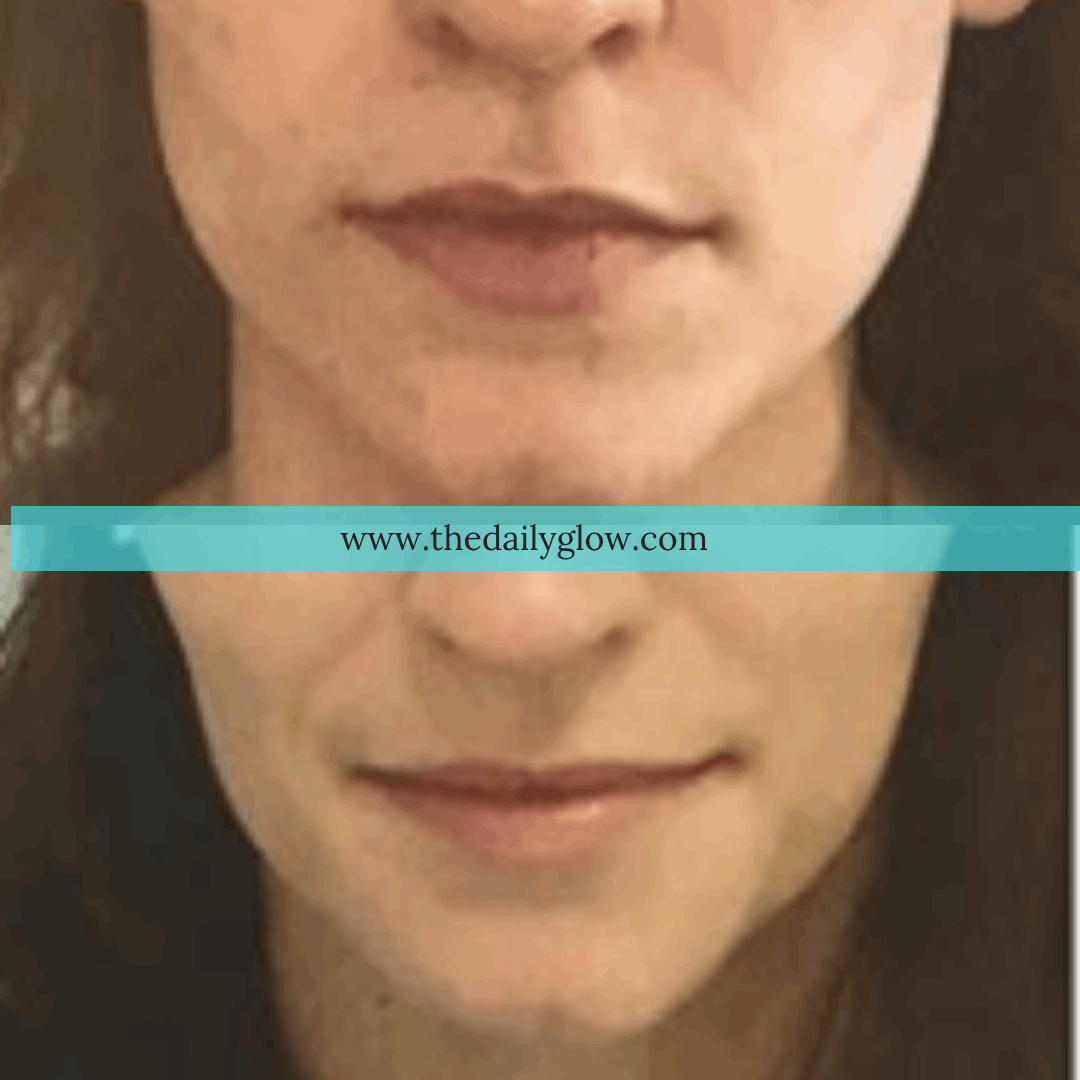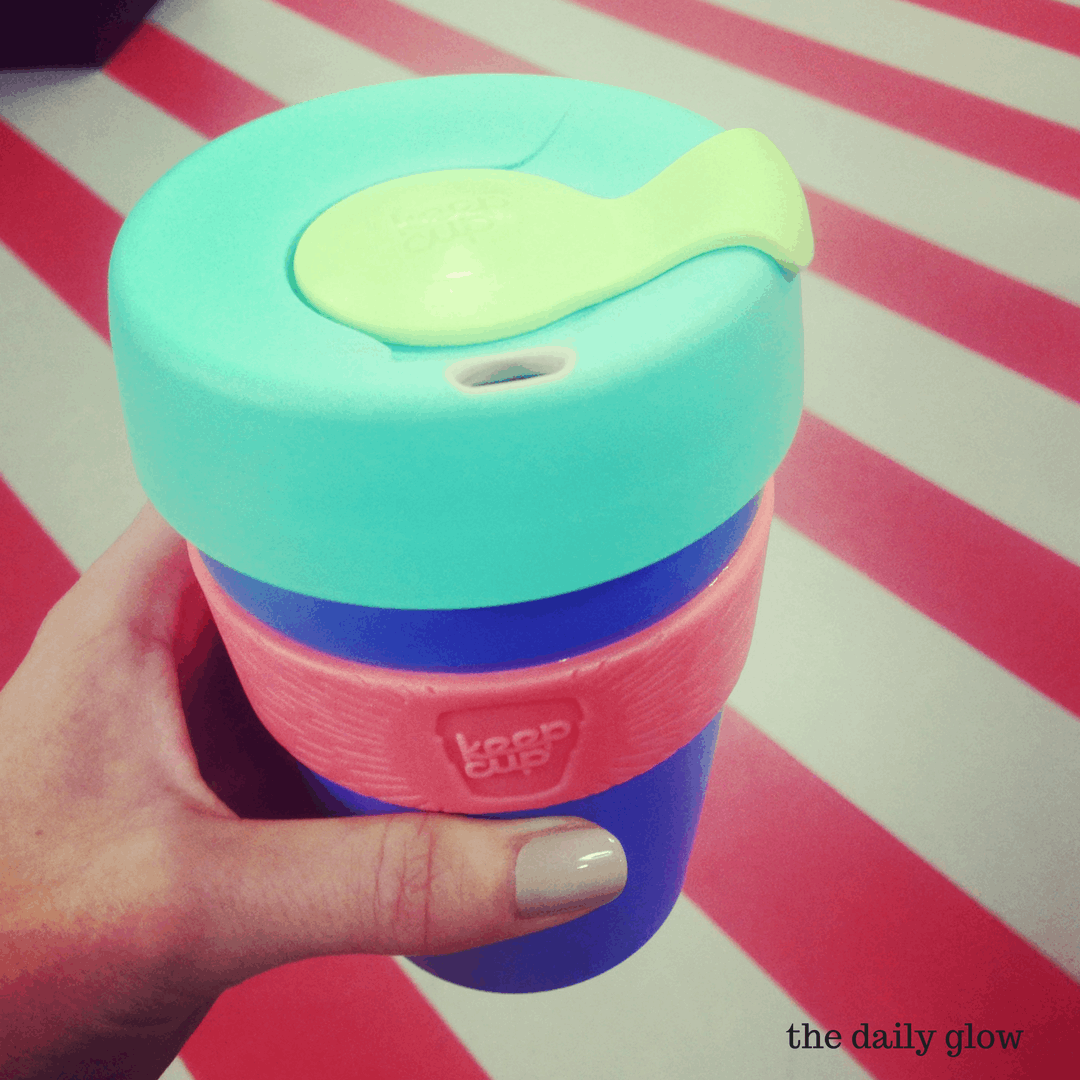
Botox and teeth grinding…what’s the deal?
Botox…a polarising word to say the least, and the funny part is most people aren’t actually 100% clear on what Botox is or what it can be used for. There’s a stigma associated with it, despite it being widely used for therapeutic purposes, and it has taken the blame for all sorts of odd looking famous faces. One of the uses that has become more popular recently is for teeth grinding and clenching and overall jaw slimming. So what is going on?
What is Botox?
“Botox” is the name of a product produced by Allergan, and is the most well-known version of botulinum toxin A, a prescription drug that can be used to reduce muscle contraction or movement when injected into the area to be treated. Originally called Oculinum (doesn’t sound as scary as Botox, does it?), it was used to treat strabismus (cross-eyes) by reducing the contraction of overly active eye muscles that were unbalanced and pulling the eye off to one side.
Patients used to joke that they were back for the “forehead smoother” as this tended to be a side effect of the treatment. An enterprising ophthalmologist named Jean Carruthers was the first person to treat a patient for “frown lines”, and along with her dermatologist husband, they have been pioneers on the cosmetic use of Botox and co-author thousands of medical papers on the topic.

What can Botox be used for?
Botox is used for many cosmetic and therapeutic concerns, including frown lines, “gummy” smiles, crow’s feet and migraines. Some uses are FDA approved, and other are classed as “off-label” (not specifically FDA approved for that particular use, but may be used by relatively widely by clinicians). Licensed use varies from country to country, and gets updated as evidence grows.
Botox works to relax muscles by reducing contraction (and YES, you can paralyse them if you give too much, dosage is very important). This is why it can help you if you are grinding and clenching your teeth. This is how it can reduce the pain you may have associated with this when injected in the masseter muscle (largest and strongest of the jaw closing muscles). It can also reduce the width of your lower face if this muscle has grown bigger from so much use (just like any of your muscles do with exercise!).
By stopping you from essentially taking that muscle to the gym every night (and day, if you clench during the day too). Similar to how you don’t maintain a six pack if you’re not doing the sit ups, you won’t maintain a large masseter muscle if you’re not over-exercising it.

What makes you grind your teeth?
Teeth grinding or clenching (clinically known as bruxism) can present with a number of signs, such as an excessively large or swollen muscle (not very common), worn, fractured or chipped teeth, ridging along the sides of the tongue or inside the cheeks and jaw, facial, neck and tooth pain. Stress, injury, pregnancy, lack of sleep, excessive use of stimulants such as caffeine and nicotine, and nutritional deficiencies can all be contributing factors, but unfortunately the cause is not always clear – which means the treatment can be tricky.
Often a stressful period can spark an episode of grinding, or worsen an existing habit to the point the person starts experiencing pain or other problems. A night guard is still the standard fix – which is great if that works, as it’s simple, straightforward and cost effective. The trouble is when this doesn’t work: the patient can’t wear it, takes it out while asleep, or still experiences pain.

What symptoms are associated with teeth grinding?
My patients typically present with either pain or worn (or fractured) teeth due to excessive activation of the masseter muscle and heavy forces on their teeth. I have even seen a patient fracture a titanium dental implant due to excessive biting forces.
Some people don’t have any symptoms, and are totally unaware of clenching; while others have been taking prescription painkillers for months or even years due to pain. A night guard can be great as preventing damage to your teeth, but rarely will it stop you clenching, and I have found some patients complain of the pain related to it increasing.
Botox injections for teeth grinding and jaw slimming are still classed as “off-label” by the FDA, but have been used since the early 1990’s with relative success. Personally, I was wearing a night guard for 17 years, and still suffered from jaw pain, especially when stressed. After a particularly stressful few months, botox injections were a game changer for me – I felt like my sleep improved and the pain vanished completely.

What is the best solution?
Botox or botulinum toxin A is a prescription drug for a reason, it should be administered by a trained healthcare professional and may not be suitable or predictable in certain cases – however, I have had wonderful results personally, and with many, many patients to date.
If you think you may be clenching or grinding, you should discuss it with your dentist, and consider the solutions available to you. If you’re suffering from jaw pain, or have trouble wearing a night guard you can have this assessed during a consultation with me, online or at home.

